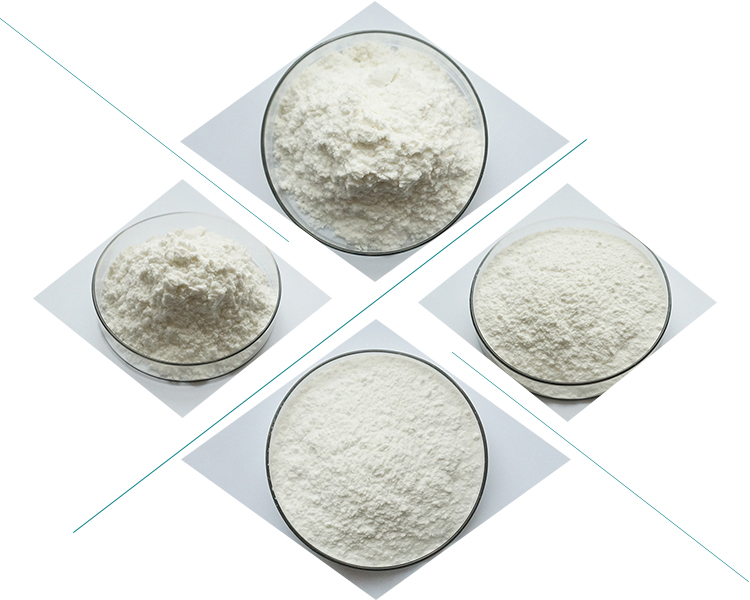N-Acetyl-L-Tyrosine (NALT) is a modified form of the amino acid L-Tyrosine, which is known for its potential cognitive and physical performance-enhancing effects. Here’s a typical approach to its preparation and methods of use:
Materials of N-Acetyl-L-Tyrosine:
1. N-Acetyl-L-Tyrosine: The chemical compound itself, which is commercially available.
2.Solvent: Typically, water or a suitable organic solvent like ethanol for dissolving N-Acetyl-L-Tyrosine.
3.Measuring Equipment: Precision scales for accurate measurement.
4.Containers: Glass vials or containers for storage.
5.Laboratory Equipment: Stirrers, magnetic stir bars, and possibly filtration equipment.

Methods of N-Acetyl-L-Tyrosine:
1.Weighing: Measure the desired amount of N-Acetyl-L-Tyrosine using a precision scale. The amount used will depend on the specific application and dosage requirements.
2.Dissolution: Dissolve the measured amount of N-Acetyl-L-Tyrosine in an appropriate solvent. Water is commonly used if the compound is water-soluble, otherwise, an organic solvent like ethanol might be used. The goal is to create a homogeneous solution of the compound.
3.Filtration (if necessary): Depending on the purity of the N-Acetyl-L-Tyrosine and the solvent used, filtration might be necessary to remove any undissolved particles or impurities.
4.Storage: Store the prepared solution in suitable containers, preferably amber glass vials to protect it from light and preserve its stability.
Methods of Administration:
- Oral Consumption: N-Acetyl-L-Tyrosine is often taken orally in capsule or powder form. Dosage can vary depending on individual needs and tolerances.
- Topical Application: In some cases, N-Acetyl-L-Tyrosine may be included in topical formulations for skin application, although this is less common compared to oral administration.

Considerations:
- Dosage: The optimal dosage can vary widely depending on factors such as body weight, metabolism, and desired effects. Typical doses range from 300 mg to 1000 mg per day, divided into one or more servings.
- Safety: N-Acetyl-L-Tyrosine is generally considered safe when taken within recommended dosages. However, as with any supplement or compound, individual responses may vary, and consulting with a healthcare professional is advisable, especially for those with pre-existing medical conditions or concerns.
By following these methods, N-Acetyl-L-Tyrosine can be prepared and administered effectively for potential cognitive and physical benefits. Always ensure to source your materials from reputable suppliers and adhere to proper laboratory practices if handling in a research or production setting.
